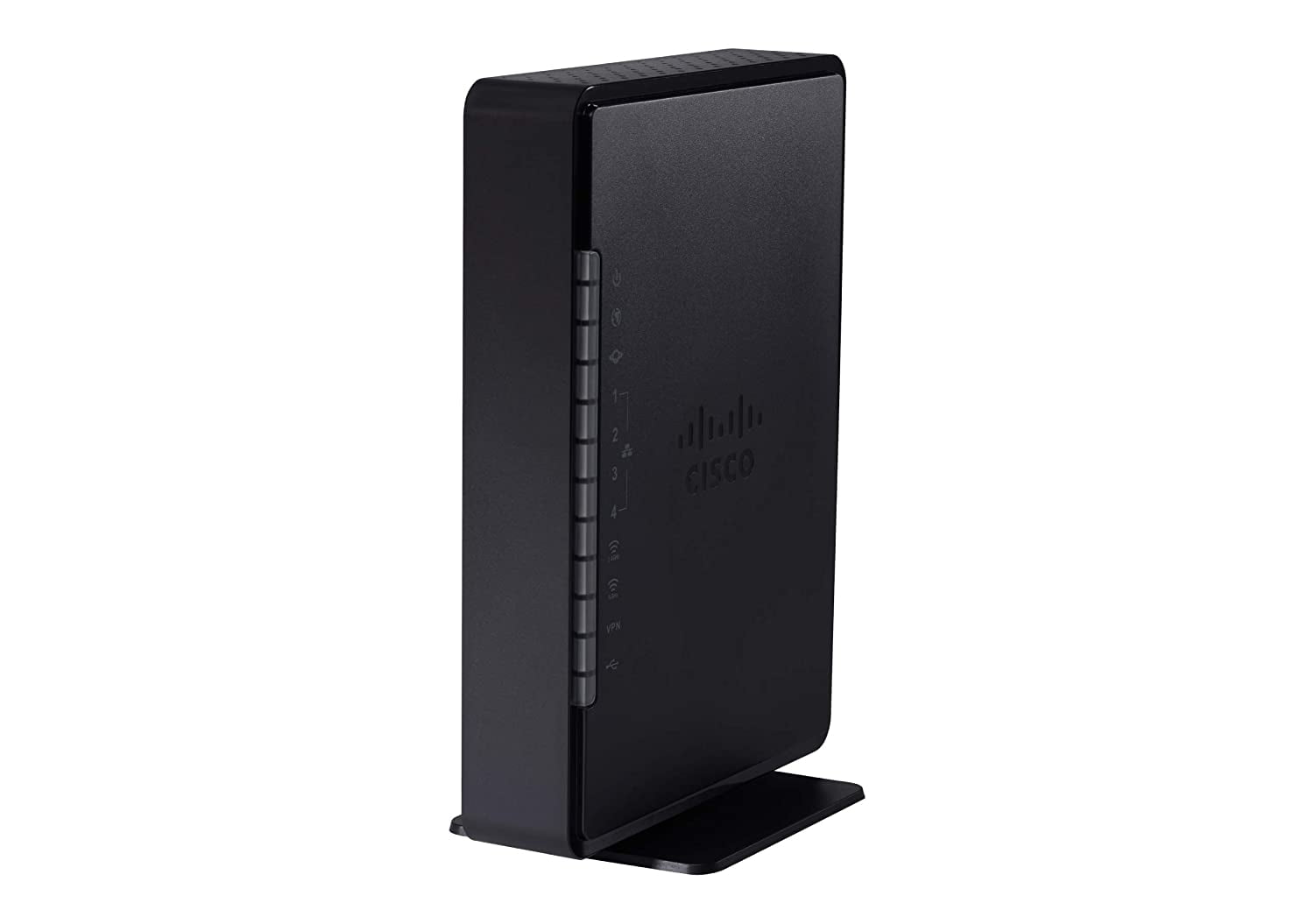


What is a VPN and What Does It Do?Ī VPN is an effective and legal way to obfuscate your internet activity. So, whether you are for or against the regulations barring ISPs from collecting your data for profit, the fact stands: ISPs can and do watch where you go on the internet. But the thought of an ISP actually tracking and analyzing your internet activity probably never crossed your mind. They kind of need to have that information in order to provide you service. It’s not much different than your phone company knowing what phone numbers you are dialing. The technical aspect of this shouldn’t be a huge shocker. And this has been true since the dawn of the internet. “What? My ISP can see and record what I’m looking at on the internet?” But what I think really struck a nerve with the public is this realization: The rollback of that FCC rule is controversial, of course. The FCC rule was supposed to regulate the ability of ISPs to collect your internet browsing data and sell it for marketing purposes.

And the reason we are talking about VPNs right now is because of a Congressional Review Act (CRA) resolution signed in April 2017 that rolled back a privacy rule created by the FCC last year. A virtual private network, or VPN, is basically a proxy that prevents others from tracking which sites and services you access on the internet.

We recommend disabling the client if you are on campus for any long period of time.Next up on the horizon in terms of tech-trending-to-the-mainstream: VPNs. Yes, Global Protect will work while you are on campus, however it does not provide any benefit and might slow down your network connection. Dodgers games, and other malicious content when using the VPN exactly the same way you can when connecting without the VPN. You can get viruses, phishing email, L.A. The Mines VPN does not filter the content sent to or from your computer. Does the Mines VPN keep my computer secure? You should always use https or other encrypted protocols for any sensitive traffic. Although VPNs can prevent someone in the local coffee shop from eavesdropping on your traffic, they do not provide end-to-end privacy. It is important to remember that all VPN systems (not just Mines’) eventually have to decrypt the traffic and forward it in its original format across public networks to its final destination. That information is protected by strict privacy guidelines as well as the Family Education Rights and Privacy Act (FERPA). The Mines network, including our VPN, keeps a record of who logs in and what IP addresses your visit. It is not an anonymizing service (i.e., it won’t hid your browsing history). The Mines VPN protects the campus network from attackers and provides access to affiliated Mines users. Those wishing to host a guest who needs VPN access should request an account using the Affiliate Account Request process () Does the Mines VPN provide online privacy? Individuals associated with Mines are allowed to use the VPN while performing work for the school or collaborating with Mines faculty and students. Can contractors, collaborators, or guests use the VPN? Mines provides Global Protect clients for Windows, Mac, Linux, iOS and Androidįrequently Asked Questions Who can use the Mines VPN?Īnyone with an Multipass account may use the system.
Vpn wifi protector full#
Library Journal Subscriptions (see for a full list).Lab or desktop computers via Remote Desktop Protocol (RDP) or Secure Shell Protocol (SSH) such as Isengard.Services only available via the VPN (or on campus):
Vpn wifi protector software#
There are two advantages to using the Mines’ VPN system: accessing services only available via the campus 0network and using software or subscriptions licensed by the school. With a VPN traffic is allowed through the firewall. Without a VPN, traffic to file shares is blocked by the firewall The server decrypts the traffic, replaces the source IP with a campus IP and sends it to the destination. The client intercepts network traffic before it leaves your computer, encrypts it, and sends it to the server on campus. There are three components in a Global Protect system: the client (a program running on your computer), the server (a system on campus), and the virtual connection (a.k.a. Mines uses a system from Palo Alto Networks called Global Protect for VPN services. A Virtual Private Network (VPN) is a system that uses encryption to create a connection between a remote device and the campus network allowing the remote user access to services not normally available to those who are off campus.


 0 kommentar(er)
0 kommentar(er)
